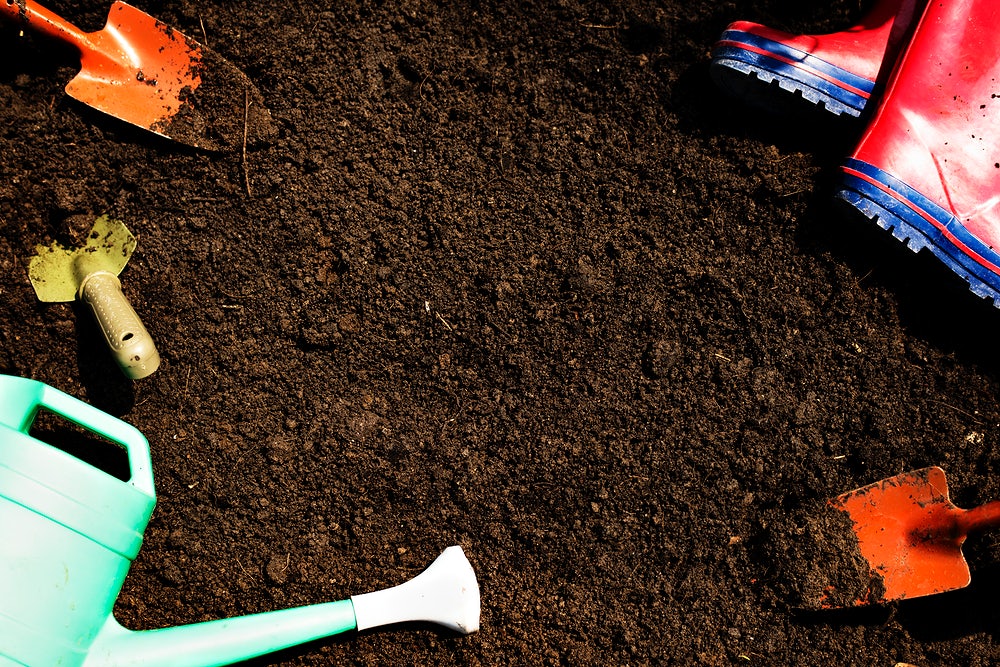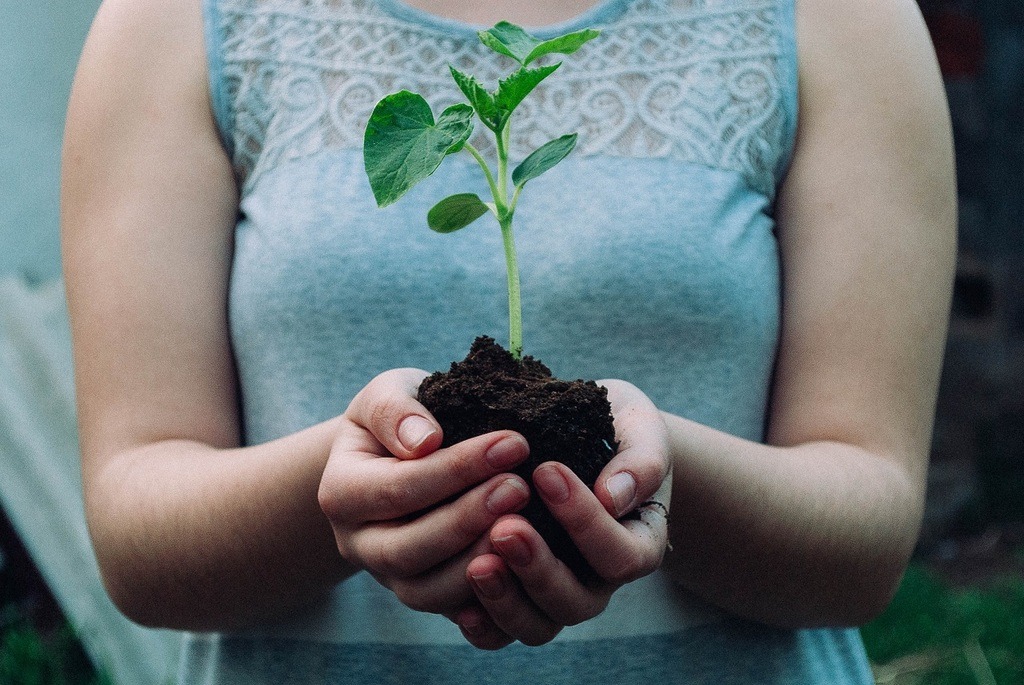Why is soil important? There are several reasons why soil is important. To put it simply: without soil, human life would be difficult. We depend on soil more than we might think, making it one of the most important natural resources available to us.
Soil creates an ecosystem that’s critical for life; soil acts as a growing medium and a water filter; it is a habitat for billions of organisms, which contributes to biodiversity; and supplies the majority of antibiotics used to combat diseases.
People use soil as a filter for wastewater, hold facility for solid waste, and be a foundation for towns and cities. Finally, soil is what the nations agroecosystems are based off, which provides.
This is only the beginning of why soil is essential; below, you’ll find 25 reasons why soil is critical.
Why is Soil Important?

- For our food security, soil is very important. If farmers didn’t have healthy soils, they wouldn’t be able to give us fuel, food, fiber, and feed, which would mean that we wouldn’t have much food to live off of.
- Similar to how having a foundation for a home is important, healthy soil is a foundation for plants because it supports their roots and keeps them upright when they’re growing.
- Soils are food pantries for plants because they store and cycle essential minerals and nutrients that are needed for plants to grow. Without these minerals and nutrients, the plants would be feeble and unable to grow to where we need them to be.
- Soil holds onto water for plants. About every one percent increase in organic matter leads to about 25,000 gallons of soil water per acre.
- Soil maintains adequate aeration for plants; soil provides oxygen for microbes, plant roots, and insects. Aeration is important for plants because it allows the oxygen to reach deep into the soil to where the plants need it most.
- For soil microbes, soil is a habitat; soil microbes are nature’s hidden helpers. They have synergistic relationships with the plants to help protect them from becoming stressed and give them nutrients and other tasks. About one teaspoon of soil has 100 million-to-one billion individual bacteria alone.
- Soil is a home for several other organisms, such as insects that lay and hatch their eggs in the soil.
- Soil works as a filter for surface water to clear it of chemicals, dust, and other contaminants. This results in some of the cleanest underground water that can be found. Without clean underground water, we would be lost. This is the water that we end up drinking from wells.
- A healthy soil helps protect plants from climate change. It can remove around 25 percent of the world’s fossil fuel emissions every year.
- Healthy soil provides farmers with better yields on their crops and helps prevent excessive stress on plants.
- When talking about human health, just about every antibiotic that we take to fight infections has been obtained by soil microbes.
- Healthy soil protects the land from erosion.
- Soil is a nonrenewable natural resource. It can be hundreds of thousands of years to create a centimeter of soil. However, that centimeter of soil is lost in a year because of erosion.
- Eleven percent of the total United States employment works in the food and agricultural sectors – that’s about 2.16 million part- and full-time people working on soil every day.
- The composition of soil is about 45 percent minerals, 25 percent water, 25 percent air, and five percent organic matter.
- Soil acts as a holding facility for solid waste.
- Soil helps to regulate the Earth’s temperature
- Healthy soil can mitigate the impact of extreme weather events.
- According to archeologists, many of the sophisticated civilizations, like the Harappan and the Mayans, fell because they mismanaged their soil.
- Around 70 percent of the weight of a glossy paged magazine or textbook is soil.
- Putting on a “mud mask,” which is clay soil, helps cleanse your skin’s pores.
- Soil helps to control disease, plant pests, and weeds.
- The best china dishes have been created from soil.
- Soil is the foundation for our schools, houses, roads, and buildings. It can even affect how our buildings are built.
- Soil holds the Earth’s history because it contains artifacts – from ancient human civilizations to dinosaurs – from the Earth’s past. There’s quite a bit of history stored in soil!
Final Thoughts
Why is soil important? Because of all the reasons listed above. There are so many things that soil does to help promote the healthy growth of plants, which means healthier crops for our food system.
It can create jobs in the food and agricultural sectors because of the fact it can help make crops and food. Without soil, millions of people would be without jobs, and we would be without fuel, feed, fiber, and food.
It also works to regulate the temperature of the Earth, which keeps us safe and healthy. While doing this, it can also mitigate the effects of natural weather disasters, such as tornadoes. Additionally, it protects plants from climate change too.
We use soil in our beauty regime when we apply mud-masks to cleanse our pores. Soil is also important because it works as the foundation for our homes and buildings. Without soil, there wouldn’t be places to build and expand our civilization.
Soil also holds the Earth’s history in the form of artifacts, dinosaur bones, and fossils. Without soil, we wouldn’t have a view into the past to see what Earth was like before people were around.
Why is soil important? With so many different reasons why soil is so important, it can seem overwhelming. But we should be grateful for all of the things that soil does for us and our ecosystem. Without soil, we would be lost.



